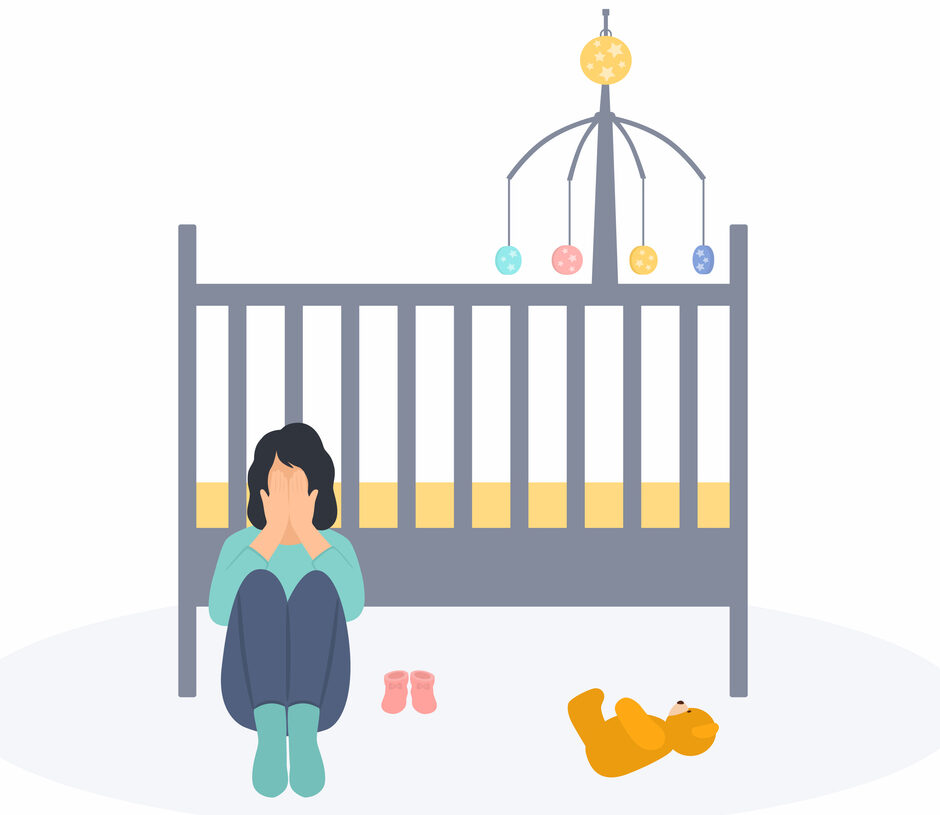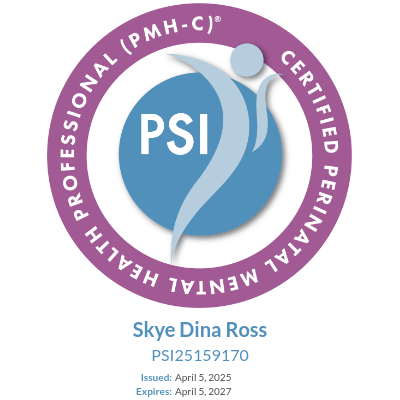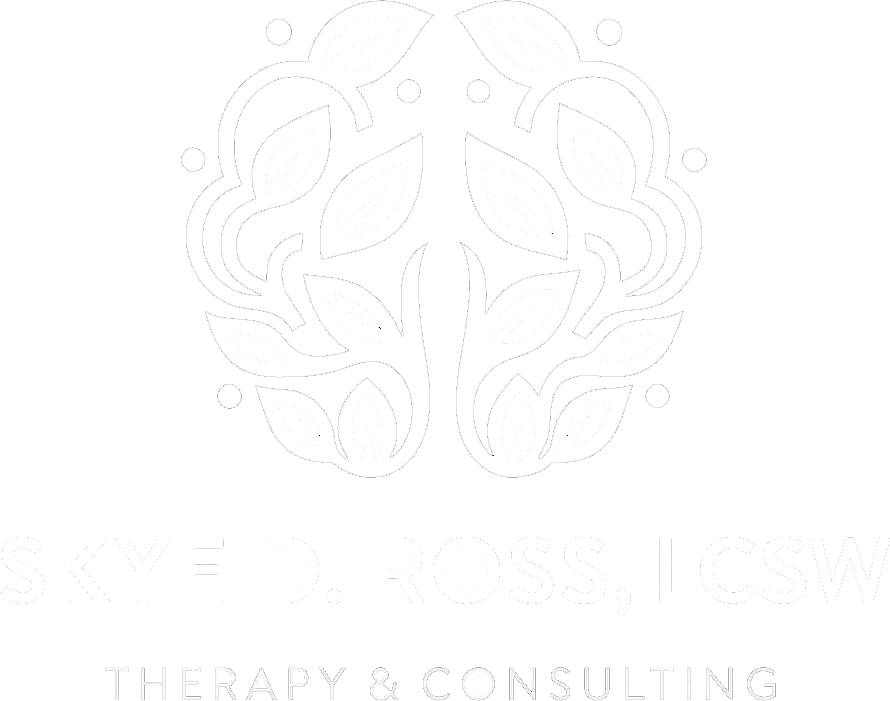Perinatal mental health disorders occur pre-pregnancy, during pregnancy, and post-loss and postpartum. Anxiety, depression, and grief/loss are common and treatable. I’m incredibly excited to bring what I have learned from my advanced trainings in perinatal mental health through Postpartum Support International to my work with you.
While New York and Colorado offer some paid family leave through the state as well as through employers, the time is insufficient compared to the metamorphosis of becoming parents for the first, second, or seventh time. In the United States, 1 in 5 moms and 1 in 10 dads experience perinatal (pre-pregnancy, pregnancy, post-loss, up to 1 year postpartum) depression and anxiety. The incidence here is higher than in other wealthy countries, at least in part due to the lack of support for pregnant people and new parents. Add to this the risks of being part of marginalized communities (Black, Indigenous, in an LGBTQ2S+ partnership), and your risk for experiencing bias (and therefore) medical and mental health complications during pregnancy and postpartum increases.
Anxiety
The truth is, things throughout this period often don’t go as planned. In working with people, and through my own experiences, I have learned how difficult it is to plan and not succeed each month, experience loss, and then face how much is out of your control throughout pregnancy, postpartum, and raising kids. You might find yourself feeling overwhelmed by the tasks and coordination required of your new role and having trouble settling down to sleep, even when your baby is sleeping. In our work together, we will build mindfulness skills and challenge negative or anxious automatic thoughts that might be arising. I will help you distinguish anxious thoughts from obsessions and compulsions so we can find the best strategy forward. When you are experience obsessive thoughts and compulsive behaviors, we will work on a plan for exposures (as possible) to support your ability to tolerate the unknowns and experience different behaviors.
Depression
The “baby blues” are real – for pregnant/birthing parents, non-birthing, and adoptive parents during the first 2 weeks after having a baby introduced to your home. The postpartum period is HARD: You’re not sleeping well or very much and you have a new being who relies completely on you, every second of the day. If there are other kids in the home, you also have the ongoing demands of being a parent to older kids and their current developmental stage.
You might notice the Baby Blues transition from this almost inevitable experience into depression when you are experiencing frequent crying, feeling like you have made a mistake by becoming a parent or that you aren’t able to handle parenthood, ongoing feelings of disconnection from your baby, changes to your eating or sleeping patterns (beyond nighttime wakings to feed/care for your baby), feeling hopeless, not finding enjoyment, and possibly thoughts of hurting yourself or your baby (if this is the case, please call 1-800-944-4773 (4PPD) or text “Help” to 800-944-4773 for immediate support). In therapy, we will primarily use mindfulness and CBT approaches to challenge and change the cognitive experience of your depression and identify behavioral changes you can make now and over time to support your wellbeing.”. When more fixed negative beliefs about yourself emerge, I may approach those with EMDR or ongoing CBT to help you challenge or reprocess those beliefs and integrate a more positive and compassionate self assessment.

Grief and Loss
Some people have the unimaginable experience of being unable to carry a pregnancy to term, facing barriers to your/your partner’s fertility, or experiencing of pregnancy or infant loss. When this occurs, I connect my trauma work (EMDR and somatic work) with my perinatal mental health work to support you in your grief and trauma processing of these painful events. Read more about what this looks like here. In addition, I offer a special 12-week package for you to receive targeted EMDR therapy to address this loss while also receiving couples therapy to address the disruption this often causes in relationships.
Even when everything goes “right,” there can be a grief process: Grief for your “old life,” grief for the state of your relationship without kids, grief for the changes your body underwent. Therapy with me is non-judgmental and we will recognize that many things can be true at once: You can love your baby and miss the relative ease of your pre-parenthood days. You can love your partner and wish parenting looked different. You can love your family and wish you were sleeping better. You can be happy you made this choice and wish there were someone to share the beauty and the burdens with you. Sometimes this acknowledgement can become a powerful mantra, but most often we will also work on processing grief, communication skills (with kids, partners, and other family members), building self compassion, and practicing other skills that allow you to respond from your wisest self.
Your next steps
If you’re finding the perinatal period challenging, feel free to reach out with general questions about support options.
Visit Postpartum Support International for additional support resources.


